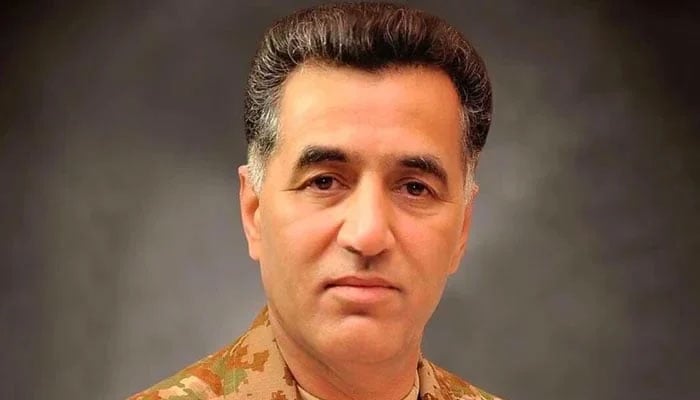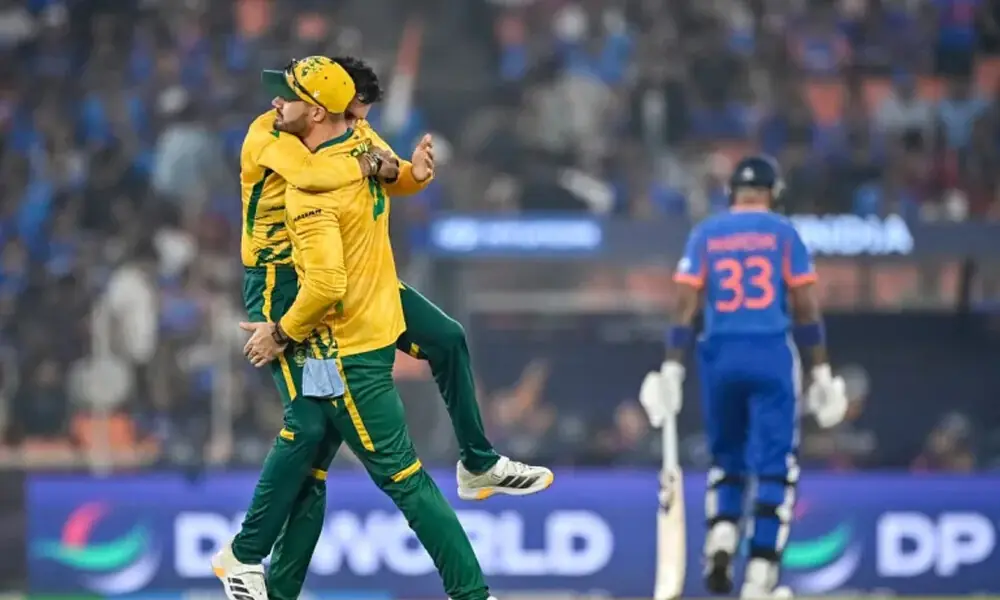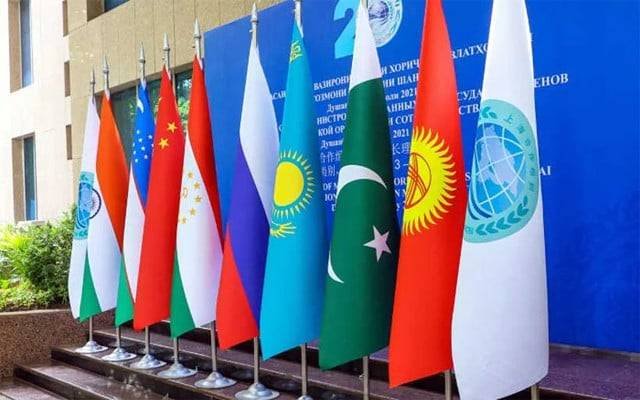The recent military decision to initiate court martial proceedings against former spymaster Faiz Hameed for his alleged involvement in victimizing the owner of a private housing society has sparked a spectrum of reactions from different political entities. While the government has commended the military’s commitment to upholding the rule of law, the Pakistan Tehreek-e-Insaf (PTI) has maintained a reserved stance, referring to it as an internal issue of the army.
PTI chairman Barrister Gohar Ali Khan emphasized the internal nature of the military’s actions, highlighting the army’s disciplined and organized institution with established procedures for addressing both serving and retired officers. However, other political figures such as Information Minister Attaullah Tarar, Senator Irfan Siddiqui, Senator Afnan, Rana Sanaullah of the PML-N, and PPP leader Qamar Zaman Kaira have expressed a range of views on the matter.
Minister Attaullah Tarar labelled the military’s decision as the “right decision” and indicated that further investigation might reveal multiple charges against Faiz Hameed. Senator Siddiqui echoed similar sentiments, suggesting that a deeper investigation could expose Faiz Hameed’s political interference and manipulation. He also alleged Faiz Hameed’s involvement in controlling media and politicians and attempting to influence the judiciary.
Rana Sanaullah, a senior PML-N leader, insinuated that Faiz Hameed’s arrest must be linked to proven allegations of political meddling, specifically citing the Faizabad sit-in staged under his instruction. Additionally, he referenced the Supreme Court’s order regarding the private housing scheme, Top City, which implicated Faiz Hameed in a robbery case in 2017.
Pl subscribe to the YouTube channel of republicpolicy.com
PPP leader Qamar Zaman Kaira lauded the military’s internal accountability system, emphasizing that an inquiry had confirmed multiple violations by Faiz Hameed, leading to the initiation of disciplinary proceedings under the Pakistan Army Act. He interpreted the military’s decision as indicative of the severity of Faiz Hameed’s offences and praised the Supreme Court for ensuring adherence to the rule of law by both the government and the military establishment.
Defence Minister Khawaja Asif hinted at Faiz Hameed’s active role in the political arena post-retirement, citing potential involvement in significant events and national riots. While acknowledging the former spymaster’s influential presence, he alluded to Faiz Hameed’s potential role in the events of May 9, implying a greater impact on political developments.
The diverse perspectives and reactions from political leaders underscore the complexity and significance of the military’s decision regarding Faiz Hameed, shedding light on potential political implications and the potential for significant changes in the country’s internal dynamics.
















